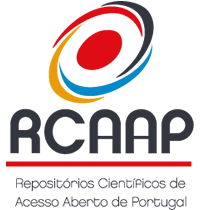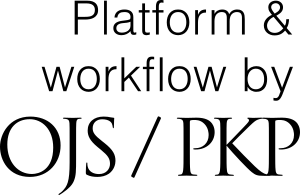The future of sustainable food systems
DOI:
https://doi.org/10.48797/sl.2024.158Keywords:
Invited SpeakerAbstract
For millennia, humanity has thrived during the Holocene epoch, characterised by relatively stable climatic conditions, low atmospheric concentrations of greenhouse gases, and rich biodiversity. This epoch has uniquely supported Earth's life systems as we understand them. Currently, we reside in what is proposed as the Anthropocene epoch, marked significantly by human activities that overwhelmingly influence terrestrial, atmospheric, and marine environments. The precise onset of the Anthropocene is debated, though it likely began around the late 18th century with the advent of the Industrial Revolution. This period is evidenced by increased carbon dioxide and methane concentrations in polar ice cores. However, a more pronounced shift occurred post-mid-20th century, during what is termed the "Great Acceleration", characterised by exponential growth in human population, industrial output, and resource consumption, including fossil fuels, plastics, and food, alongside significant impacts on freshwater resources, deforestation, and biodiversity loss. This transformative era poses the critical question: how long can such trajectories be sustained without irreparable harm to Earth's systems? The "Planetary Boundaries" framework, developed by a global consortium of scientists over the past decade, addresses this concern by delineating nine critical biogeophysical thresholds that must not be crossed to prevent destabilising the Earth system. These boundaries include climate change, biodiversity loss, land-use changes, freshwater use, biogeochemical flows (nitrogen and phosphorus), ocean acidification, ozone depletion, introduction of novel entities, and atmospheric aerosol loading. This framework quantifies the Earth system's resilience and sets limits to human-induced changes that, if exceeded, could lead to catastrophic environmental shifts. Presently, significant breaches have been identified in several of these boundaries. The global food system has been a primary driver of biodiversity loss, approaching what could be considered a sixth mass extinction. It has also contributed to disrupting nitrogen and phosphorus cycles through unconstrained fertiliser use, leading to widespread eutrophication of aquatic systems. It has also been a substantial source of greenhouse gas emissions, predominantly from livestock production. Looking ahead to 2050, with projected global population increases and rising per capita incomes, it is anticipated that, without intervention, greenhouse gas emissions from agriculture will double, and the demand for agricultural land and nutrients will surge dramatically. This escalation poses additional risks to water resources and could further accelerate ocean acidification. To mitigate these impacts, a multifaceted approach is necessary. This includes reducing food waste across the supply chain, leveraging technological advancements to enhance agricultural efficiency and reduce environmental footprints, and shifting dietary patterns towards less resource-intensive foods. Specifically, measures would involve improving food storage and distribution, optimising nutrient application, advancing water conservation techniques, and fostering dietary shifts away from red and processed meats towards plant-based foods. Addressing these challenges requires a robust, coordinated policy response that integrates economic incentives, educational efforts, and infrastructural improvements to foster sustainable consumption and production patterns. Ultimately, the goal is to operate within safe ecological limits to ensure the continued stability and resilience of the Earth system, safeguarding it for future generations.
Downloads
Published
How to Cite
Issue
Section
License
Copyright (c) 2024 Duarte Torres

This work is licensed under a Creative Commons Attribution 4.0 International License.
In Scientific Letters, articles are published under a CC-BY license (Creative Commons Attribution 4.0 International License), the most open license available. The users can share (copy and redistribute the material in any medium or format) and adapt (remix, transform, and build upon the material for any purpose, even commercially), as long as they give appropriate credit, provide a link to the license, and indicate if changes were made (read the full text of the license terms and conditions of use).
The author is the owner of the copyright.









